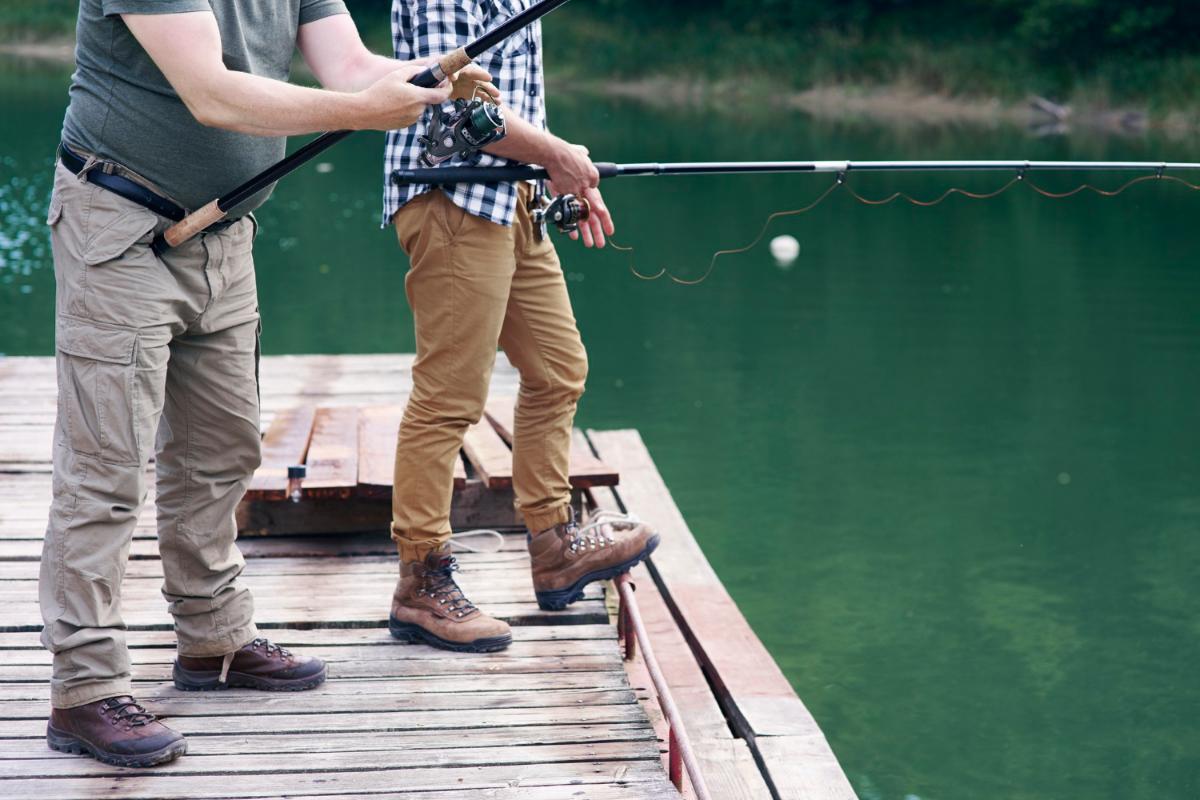To us, there’s nothing like backcountry fly fishing. It offers a glance into something we don’t often see in modern times—total solitude, pristine vistas, and hundreds of ravenous trout that aren’t inundated with mobs throwing flies and lures at them every day.
But, like any good thing, you’ll have to pay the price through sweat equity. You’re enjoying the solitude and famished trout because it takes effort to get there. Otherwise, it’d be like any other congested tailwater. Our experts on backcountry fishing in Florida offer tips on how to plan a backcountry fly-fishing adventure.
Prioritize Planning
If you can learn to value the planning process, you get far more value from your backcountry adventure. For instance, if you plan a trip for August, start preparing six months out. Your trip will be better for it, and it gives you something to do during your long work meetings.
Begin looking for locations, and avoid only using Google for your analysis. Instead, contact anglers you know and respect and ask about areas they think provide the right balance of accessibility and remoteness. Then, book your flight early and speak with additional outfitters who can locate shuttle services if needed.
Use the Proper Tackle
Obviously, backpacking means you’ll be short on space, so you must choose your tackle wisely. In most circumstances, a backcountry journey means fishing smaller streams, brooks, and alpine lakes, so you’ll need to locate a rod that can handle it all.
Beyond rods, you’ll only require a single reel, and you should pare down your fly selection to only a few specific patterns. Normally, backcountry trout are less selective than others, so you can throw just a few classics. Even though it might seem excessive, we recommend a net to help you catch fish and protect wild trout.
Backpacking is not Camping
A critical note about equipment is that backpacking is different from camping. Sure, they exist in the same universe, but camping gear is often built mostly for comfort, not packability. Begin thinking about financing a tent layout that’s lightweight and packable. Other considerations are stoves. Our favorite is a Trangia because it’s virtually unbreakable, easy to fix, and adaptable. Also, consider your sleeping bag. Odds are, you’ll experience cold nights, so you’ll need a warmer bag that you can keep dry. A synthetic bag is often the way to go if you’re traveling to an area that gets a lot of precipitation.
We could keep going with the gear list, but just think about what you need to prevail and thrive in the backcountry. Generally, you can employ backpacking equipment for camping, but the opposite is not always true, so it might be worth purchasing lightweight and packable gear first.
These are a handful of tips for planning your backcountry fishing trip. Check out our homepage to start planning an adventure in backcountry fishing in Florida. We are here to help you plan a successful and enjoyable excursion into the Florida backcountry.



Comment (0)